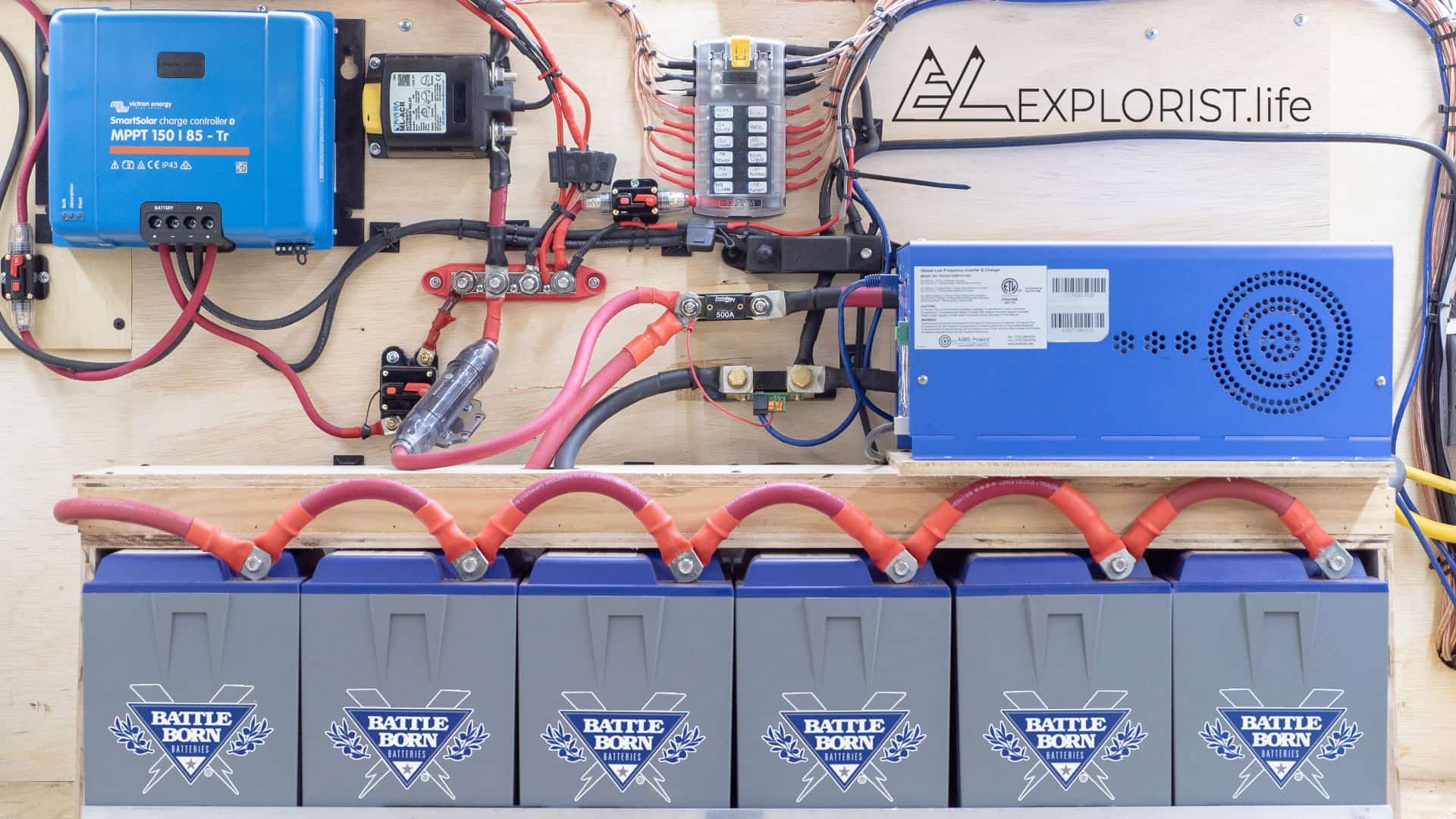“Can I run my RV on a 12V solar setup?”
A 12V solar setup can be an attractive option for those looking to reduce their reliance on traditional fuel sources and minimize their carbon footprint. But can you really run your RV on a 12V solar setup? In this article, we’ll delve into the details of solar power for RVs, exploring the possibilities and limitations of a 12V solar setup.
Understanding Solar Power for RVs
Solar power is a viable option for RVs, but it’s essential to understand the basics before diving in. A 12V solar setup typically consists of solar panels, a charge controller, a deep cycle battery, and an inverter/charger. The solar panels generate electricity from sunlight, which is then stored in the battery for later use. The charge controller regulates the flow of energy to the battery, while the inverter/charger converts the DC power from the battery to AC power for use in the RV.
Assessing Your RV’s Energy Needs
Before deciding on a 12V solar setup, it’s crucial to assess your RV’s energy needs. Consider the following factors:
- Appliances and Devices: Make a list of all the appliances and devices you plan to use in your RV, including lights, refrigerators, air conditioners, and electronics.
- Energy Consumption: Estimate the energy consumption of each appliance and device in watt-hours (Wh) or amp-hours (Ah).
- Daily Energy Requirements: Calculate your daily energy requirements based on your appliance and device usage.
- Battery Capacity: Determine the required battery capacity to meet your daily energy needs, considering factors like depth of discharge, efficiency, and reserve capacity.

12V Solar Setup Considerations
A 12V solar setup can be suitable for small to medium-sized RVs with moderate energy requirements. However, there are some limitations to consider:
- Power Output: A 12V solar setup typically produces less power than a 24V or 48V setup, which may limit your ability to run high-power appliances like air conditioners or electric water heaters.
- Battery Capacity: A 12V battery bank may require more batteries to achieve the same capacity as a 24V or 48V battery bank, increasing the overall cost and weight.
- Charge Controller: A 12V charge controller may have limited charging capabilities, which can impact the overall efficiency of the system.
- Inverter/Charger: A 12V inverter/charger may have limited power output, which can restrict your ability to run high-power appliances.

Configuring a 12V Solar Setup for Your RV
If you’ve determined that a 12V solar setup is suitable for your RV, here’s a general outline for configuring the system:

- Solar Panels: Choose solar panels with a combined wattage that meets your daily energy requirements. Consider factors like panel efficiency, durability, and cost.
- Charge Controller: Select a charge controller that can handle the maximum power output of your solar panels and regulate the flow of energy to your battery bank.
- Battery Bank: Design a battery bank with the required capacity to meet your daily energy needs, considering factors like depth of discharge, efficiency, and reserve capacity.
- Inverter/Charger: Choose an inverter/charger that can handle the maximum power output of your appliances and devices, while also providing efficient charging and conversion.
Real-World Examples and Case Studies
To illustrate the possibilities and limitations of a 12V solar setup, let’s consider a few real-world examples:
- Small RV: A small RV with a 100W solar panel, a 20Ah battery, and a 200W inverter can run lights, a laptop, and a small refrigerator for several hours.
- Medium RV: A medium RV with a 200W solar panel, a 40Ah battery, and a 400W inverter can run lights, a TV, and a medium-sized refrigerator for several hours.
- Large RV: A large RV with a 400W solar panel, an 80Ah battery, and a 1000W inverter may struggle to run high-power appliances like air conditioners or electric water heaters.
Tips and Recommendations
To get the most out of your 12V solar setup, consider the following tips and recommendations:
- Monitor Your Energy Usage: Keep track of your energy consumption to optimize your system and identify areas for improvement.
- Optimize Your Solar Panel Angle: Adjust your solar panel angle to maximize energy production, considering factors like latitude, season, and time of day.
- Maintain Your Battery Bank: Regularly inspect and maintain your battery bank to ensure optimal performance and longevity.
- Upgrade Your System: Consider upgrading your system to a higher voltage (24V or 48V) or adding more solar panels and batteries to increase your energy production and storage capacity.
Conclusion
A 12V solar setup can be a viable option for small to medium-sized RVs with moderate energy requirements. However, it’s essential to carefully assess your energy needs, consider the limitations of a 12V setup, and configure your system accordingly. By understanding the basics of solar power, configuring your system correctly, and following tips and recommendations, you can enjoy the benefits of solar power while minimizing your reliance on traditional fuel sources. Remember to monitor your energy usage, optimize your system, and maintain your battery bank to get the most out of your 12V solar setup. Happy camping!


